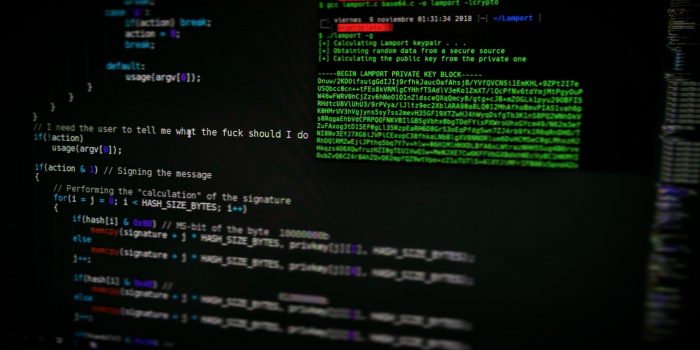Computer viruses come in different sizes and shapes. They range from the harmless, mild harmful to the dangerously malicious viruses.
With the increasing threat of a cyberattack on both individuals and businesses, it makes perfect sense to learn more about the most common computer viruses out there and what you can do to protect yourself.

What is a computer virus?
Computer viruses are malicious self-replicating software that causes damage to a system by copying itself into other programs on the device.
Computer viruses are designed to exploit vulnerable systems, hijack the device, and spy or steal personal data in most cases.
One effective way to protect against these malicious attacks is to be able to identify them.
Here are 7 of the most common types of computer viruses.
Boot Sector Virus
Boost sector virus attacks the master boot record. The master boot record is the program that contains the booting instructions in a system. They are notoriously difficult to get rid of and often require formatting the computer.
Boot sector virus is usually spread through removable media like USB and email attachments. The improvement in BIOS structure has reduced its prevalence in the last couple of years.
Polymorphic Virus
Polymorphic viruses are stealthy and can go undetected by antivirus programs, that’s what makes them dangerous.
As the name implies, these types of virus can morph into a different variant every time it replicates, making them difficult to detect.
Imagine that the installed antivirus program on your computer is configured to identify and blacklist one version of the virus. When this virus replicates, it changes its binary pattern, which tricks your antivirus to think it is an entirely different piece of software. You can learn more about polymorphic viruses here.
Spacefiller Virus
Also known as the ‘cavity virus,’ these viruses, as the name implies, tries to attach themselves to the spaces between codes, unlike the other types of viruses that attach themselves to the executable files.
When a spacefiller virus infects a system, it seeks to occupy the empty spaces between lines of code. As a result, it doesn’t damage the code or increase its size – a crucial modus operandi required to go undetected by antivirus programs.
Resident Virus
The resident virus is undoubtedly one of the most destructive, malicious piece of the program ever written. The virus attaches itself to the computer’s memory, making it incredibly difficult to detect and delete.
Since the virus is attached to the computer’s memory, even if the original virus is deleted, the version on the memory can be activated when certain programs or applications are launched.
There are two types of resident virus: the fast infector and slow infector.
Fast infectors are easy to detect due to their impact as they try to infect as many files as possible in the shortest amount of time.
Slow infectors are more challenging to detect since their impact is slower and takes longer to catch.
These types of viruses are incredibly challenging to remove. The virus can even attach itself to the antivirus program, and on other files, it scans. Most times, you will need an operating system patch to remove it.
Direct Action Virus
Just like the resident virus, the Direct action virus is also an infector. But unlike the resident virus, it doesn’t attack the computer memory.
Direct action virus attaches itself to a specific type of file in the computer – a .exe or .com file. When this type of file is executed, it activates and spread to similar files in the directory.
You can detect and delete the virus with regular antivirus software.
Overwrite Virus
Overwrite viruses typically delete files and content it infects, though it is not harmful to your system.
Usually, the only way to get rid of the virus is to delete the file and content it infects. They are spread through emails, making them quite challenging to detect for the average computer user.
Multipartite Virus
The multipartite virus is a multi-prong, multi-action virus that reacts differently depending on the environment. The virus typically spreads via multiple methods and can affect the infected system in a variety of ways depending on the OS and presence of certain files.
The virus can infect both the boot sector and executable files while causing maximum havoc on the system.
Multipartite viruses are notoriously difficult to remove due to their multiple prong approaches. For instance, if you detect and remove the virus on infected files, the ones on the memory can replicate quickly and spread again.
Comments
Post a Comment
Tell us what you think